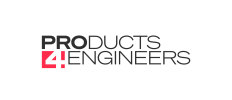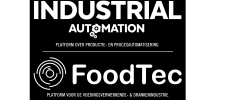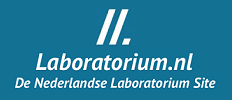In the market a wide choice of fuels is available covered by standards in an attempt to guarantee reliable operation of engines.
For example the EN590 standard determines the acceptable fuel contamination level in mg/kg and water content in ppm. But EN590-certified fuel still risk breakdown from contamination.
That’s because EN590 does not specify how the remaining, “acceptable” contamination is distributed in the fuel by particle size distribution.
Therefore, a low mg/kg level can still indicate a high number of very small particles of contamination in the fuel.
These particles accelerate wear and tear, often resulting in injector leakage or pump damage.
But there is more to consider!
Water contamination, which includes water ingress from condensation, often causes bacteria growth, causing blockages of filters and injectors as well as creating corrosion and cavitation, hence ultimately, jeopardizing uptime. Fuel tanks will breathe in moisture-laden air, and changes in ambient temperature will cause water to accumulate on the inside walls of the tank. Sudden drops in air temperature cause rapid condensation.
In addition to this, as a by-product of the refining process and a natural consequence of the fuel degradation processes modern diesel contain asphaltenes, paraffins and resin. These ar commonly known as organic debris, but in daily language referred to as tar/asphalt, wax, sludge en diesel bugs. Most of the organic debris are acidic and will cause corrosion of injectors, pumps and tanks. It will block your injectors affect combustion and eventually clog in-line filters. In short it will ruin your engine
Continuous fuel circulation the most effective solution
The most effective way to prevent potential problems is to introduce continuous fuel filtration and separation.
Forced circulation of fuel in tanks through a CC Jensen PTU filter separator ensures that ingressed water contamination is continuously removed.
C.C.JENSEN’s PTU filter separators have a filtration degree of 3 microns and highly efficient coalescing to separate water from fuel. This keeps diesel clean and free from water and increases engine reliability.
Because the PTU product line is easy to service and does not require sludge tanks and heaters, it also reduces energy costs! In addition, the products can be installed offline, meaning they are non-system critical – that is, machinery shutdown is not necessary when changing the filter insert.
C.C.JENSEN’s modular PTU filter separators are built and sized to specific customer requirements – whether the volume is 2 litres or 200,000 litres.
























